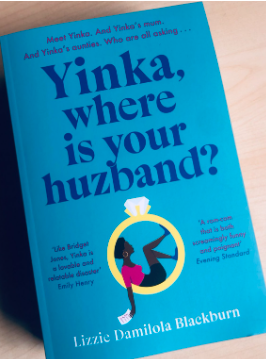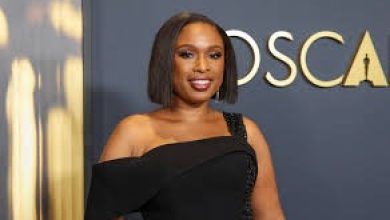
|
Getting your Trinity Audio player ready...
|
Family, societal expectations, women’s worth, and self-discovery marked Lizzie Damilola’s debut novel. Although Africans arguably have lived beyond the ideology that a woman ends up in the kitchen, their brains refused to erase the part that a woman’s worth is never tied to a man. Instead, they constantly pester women to get married before age 30. They say the man is the crown who will complete the woman. They support this narrow perspective with the belief that age does not favour women and menopause is inevitable.
But, does a woman need a husband to be happy? Does she need a man to validate her worth in the family? These questions kept resurfacing in Lizzie’s confrontational novel. From the title – “Yinka, Where is Your Huzband? The author boldly critiques the cultural obsession of tying a woman’s worth to marriage and a man. The novel follows the life of 31-year-old Yinka, who is constantly questioned and pressured by family, friends, and even church members to bring home a husband. The scenes of the baby shower of her younger sister Kemi highlighted how her mother and aunties find her (Yinka) inadequate because there is no man in her life.
The author defends women’s rights to the autonomy of their bodies as reflected in Yinka’s struggle and acceptance of her self-image. The book ultimately centres on her journey to self-love, not a man. Set in South London and filled with Yoruba aunties and prayer groups, the book demonstrates how religion promotes patriarchal interpretations of spirituality in the way it limits women’s choices even in prayer. For example, the prayer group was focused only on marriage and purity for women.
Friends like Nana and Debbie embodied a different perspective of feminism—women can support each other without always agreeing. However, the book doesn’t end with Yinka finding a husband but with her finding herself. The ending is a reminder that a woman’s worth is not tied to a man but to her becoming.




